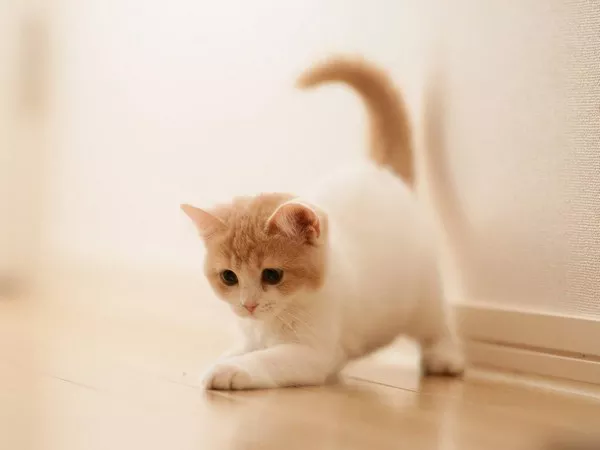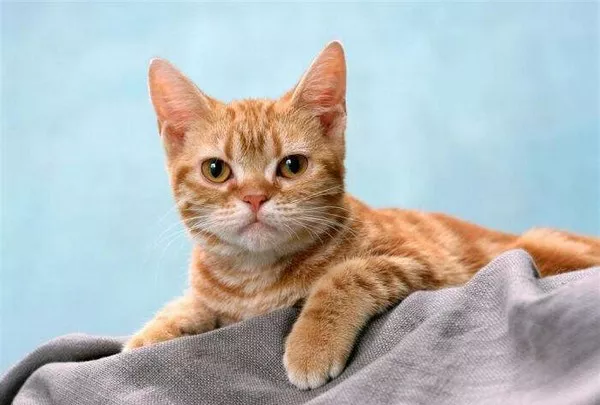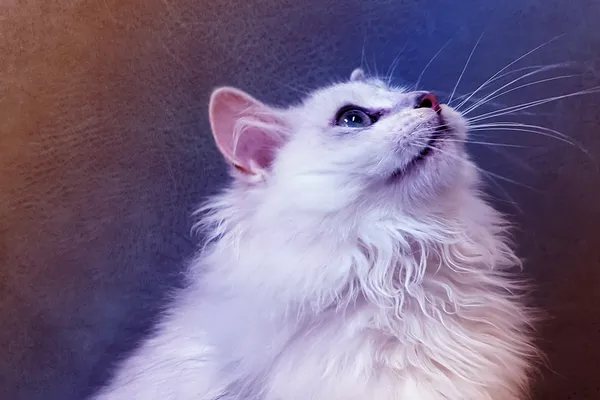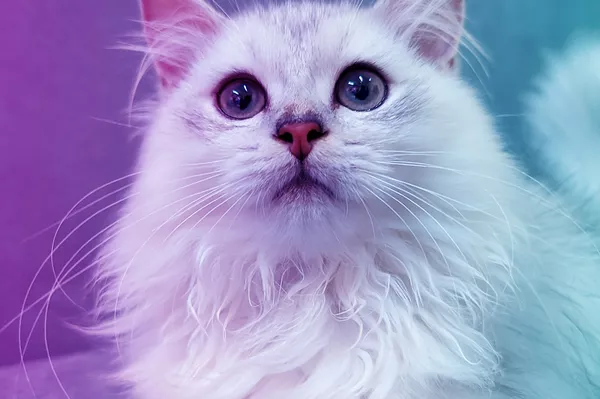Balinese cats, known for their striking appearance and graceful demeanor, deserve the finest in nutrition to maintain their health and vitality. Choosing the right food for Balinese cats is crucial to meeting their specific dietary needs. In this comprehensive guide, we will explore the nutritional requirements of Balinese cats and recommend the best food options to keep them thriving.
Understanding Balinese Cats’ Unique Nutritional Needs
Balinese cats, despite their elegant appearance similar to the Siamese breed, have their own distinct nutritional requirements. These cats are known for their slender bodies and striking blue almond-shaped eyes. To support their active and playful nature, a well-balanced diet is essential for maintaining their overall health. Balinese cats often have sensitive digestive systems, making it crucial to choose high-quality cat food that addresses their specific needs.
Protein-Rich Diets for Balinese Cats
Balinese cats, being an active and agile breed, require a diet rich in high-quality proteins. Proteins are essential for muscle development, and they play a crucial role in maintaining the sleek physique that Balinese cats are known for. Look for cat food with real meat as the primary ingredient, such as chicken, turkey, or fish, to provide the necessary protein content for your Balinese cat.
Tailored Nutritional Formulas
When selecting food for Balinese cats, opt for formulas specifically tailored to their unique needs. Balinese cats may benefit from cat food designed to support their long, fine coats and overall well-being. These specialized formulas often include ingredients like omega-3 fatty acids, biotin, and antioxidants, promoting healthy skin and a luxurious coat that enhances their beauty.
Balinese Cats and Grain-Free Diets
Some Balinese cats may have sensitivities to grains, making grain-free cat food a suitable option for them. A grain-free diet can help alleviate potential allergies or digestive issues, ensuring that your Balinese cat receives optimal nutrition without any unnecessary fillers. Always consult with your veterinarian before making significant changes to your cat’s diet.
Hydration and Wet Food Choices
Maintaining proper hydration is crucial for Balinese cats, especially considering their long, slender bodies. Wet cat food can be an excellent choice, as it provides additional moisture that supports their urinary health. The increased water content in wet food can also be beneficial for Balinese cats that may not drink enough water from a bowl.
Portion Control for Balinese Cats
Given their slim build, Balinese cats are prone to weight management issues. Portion control is key to preventing obesity and ensuring your cat maintains a healthy weight. Choose cat food that offers clear feeding guidelines based on your Balinese cat’s age, weight, and activity level, and monitor their food intake accordingly.
Avoiding Artificial Additives
To maintain the overall well-being of Balinese cats, it’s crucial to avoid cat foods with excessive artificial additives, preservatives, and fillers. These can contribute to allergic reactions or digestive discomfort in sensitive Balinese cats. Opt for cat food with natural ingredients that support their health without unnecessary additives.
Regular Veterinary Check-ups
Regular veterinary check-ups are essential for monitoring the health of Balinese cats and adjusting their diet as needed. Your veterinarian can provide personalized recommendations based on your cat’s specific health conditions, ensuring they receive the best possible care.
Homemade Cat Food Considerations
For those who prefer a more hands-on approach to their Balinese cat’s diet, homemade cat food can be an option. However, it’s crucial to consult with a veterinarian or a feline nutritionist to ensure that the homemade meals meet all the nutritional requirements of Balinese cats.
See Also: Are Balinese Cats Truly Hypoallergenic?
Introducing Variety in Balinese Cats’ Diet
Balinese cats can benefit from a varied diet that includes different protein sources and textures. Introducing variety helps prevent dietary boredom and ensures your cat receives a wide range of essential nutrients. Rotate between high-quality cat food options, both dry and wet, to keep your Balinese cat excited about mealtime.
Monitoring Allergies and Dietary Sensitivities
Balinese cats may be prone to allergies or dietary sensitivities. Pay close attention to your cat’s behavior, skin condition, and digestive health. If you notice any signs of allergies or sensitivities, consult with your veterinarian to identify and address potential triggers. Adjusting their diet accordingly can contribute to their overall well-being.
Conclusion
Choosing the best food for Balinese cats involves understanding their unique nutritional needs and tailoring their diet accordingly. Whether opting for protein-rich diets, specialized formulas, or grain-free options, prioritizing high-quality nutrition is essential for keeping Balinese cats healthy and happy. Regular veterinary check-ups, portion control, and a variety of food choices are key components in ensuring the well-being of these graceful feline companions.
Related Topics:
Health of Balinese Cats: A Comprehensive Guide to Common Diseases
Can Balinese Cats Be Left Home Alone? A Comprehensive Guide
Do Balinese Cats Purr?
























